On-Demand Webinars
Aquifer and Aquitard Heterogenieties:
Understanding Environmental Sequence
Stratigraphy for Glacial Deposits
Aquifer heterogeniety is among the largest challenge for constructing the Conceptual Site Model and understanding ground water movement and contaminant migration. The 2017 USEPA report about Environmental Sequence Stratigraphy states it may be THE largest challenge and that the solution is applying principles of sequence stratigraphy to provide geologic context.
Despite the validity about the challenges of aquifer heterogeneity and finding a meaningful solution through geologic principles, glacial deposits require additional attention to scale of depositional processes, stratigraphic unit definition, and post-depositional weathering effects.
For glacial deposits, aquitards play a major role in the ground water flow regime; but the secondary permeabilities originating from oxidation and weathering complicate ground water movement and can impact the hydraulic integrity of aquitards.
Plus, many field staff are simply not trained on identifying depositional environments or deciphering subsurface relationships from boring to boring. Boring log quality reflects staff skills about defining geologic units, unit correlation, geologic context leading to unit variability or uniformity, and environmental sequence stratigraphy.
If that's not daunting enough, multiple sequences from successive glacial advances or in contrast, glaciofluvial and glaciolacustrine depositional environments often lead to subsurface uncertainty at project completion.
This webinar series is designed to step you through the process of learning how depositional environments and post-depositional weathering impacts ground water movement and contaminant migration. The Series will demystify conventional wisdom about building Conceptual Site Models based solely on grain-size and associated matrix-permeabilities.
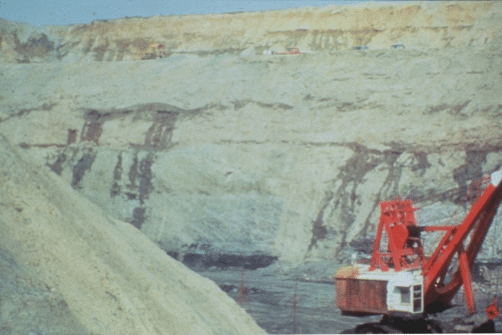
[ Aquifer and Aquitard heterogenties (or uniformities) are controlled
by their depositional environment. ]
Webinar Topics:
- Principles of aquifer and aquitard heterogeneity in glacial deposits.
- Overview of glacial stratigraphic architecture that yield uniform or variable sediments.
- How scale of deposition relates to glacial facies models, when to lump or split samples.
- Ground water movement, water tables, potentiometric surfaces, and vertical flow nets.
- What is needed beyond basic Environmental Sequence Stratigraphy for glacial deposits.
- Field work flow strategies that help staff make sound observations and field decisions.
- Basics of measuring aquitard integrity.
What does taking the mystery out of such
complex glacial deposits require?
An understanding of glacial stratigraphy, glacial depositional environments, and the magnitude of any post-depositional weathering alteration.
Click on a Log to Enlarge
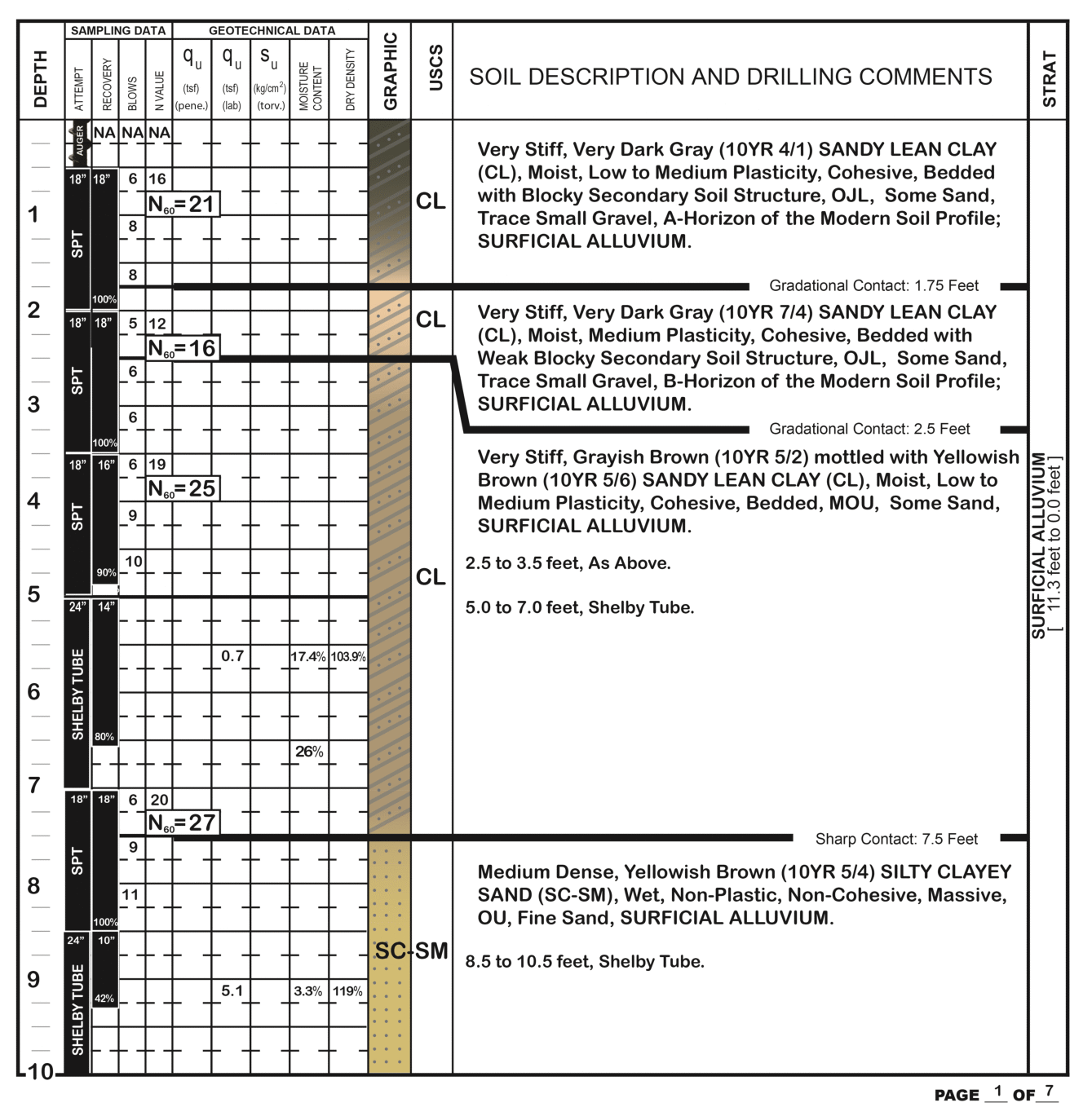
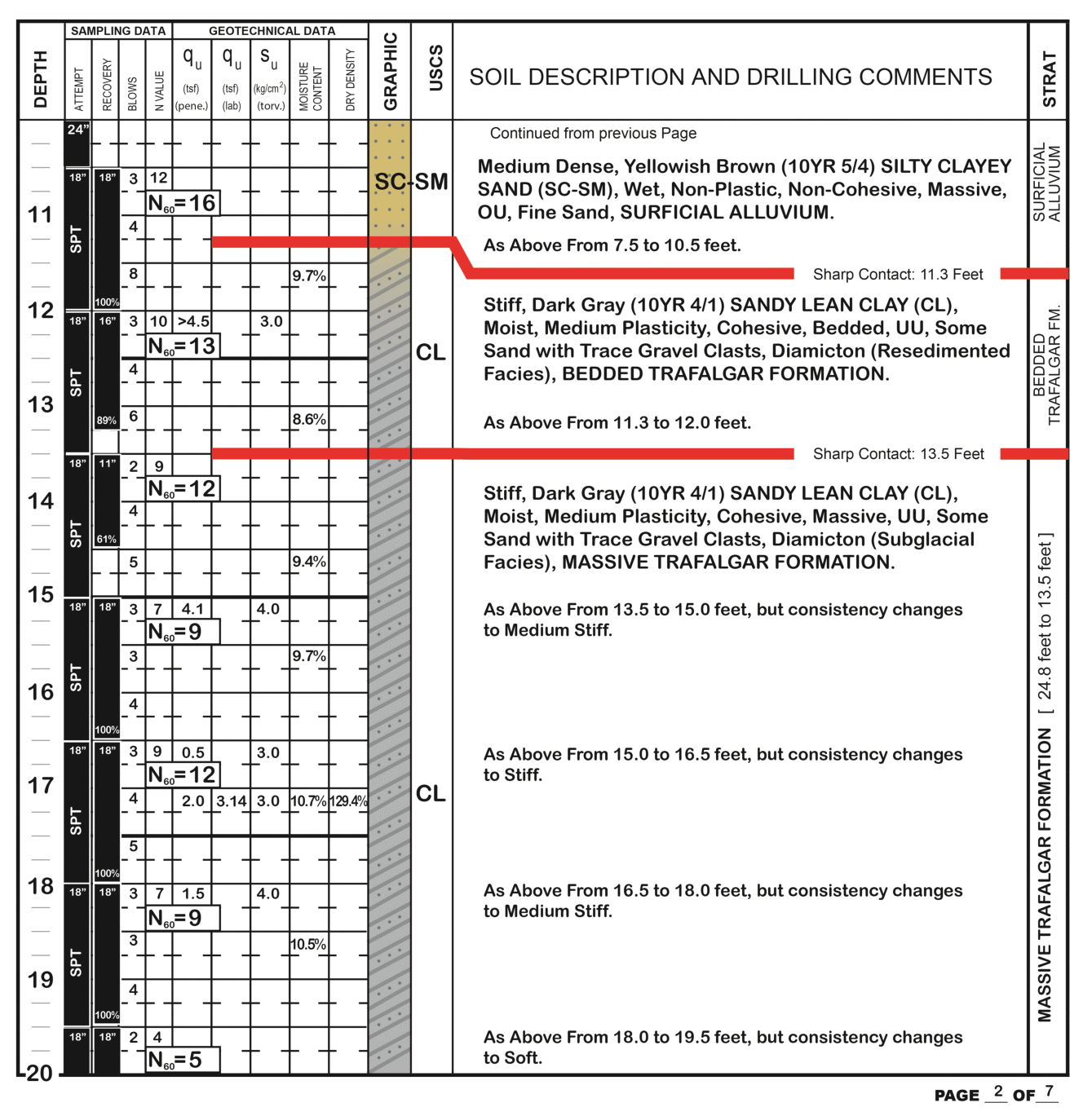
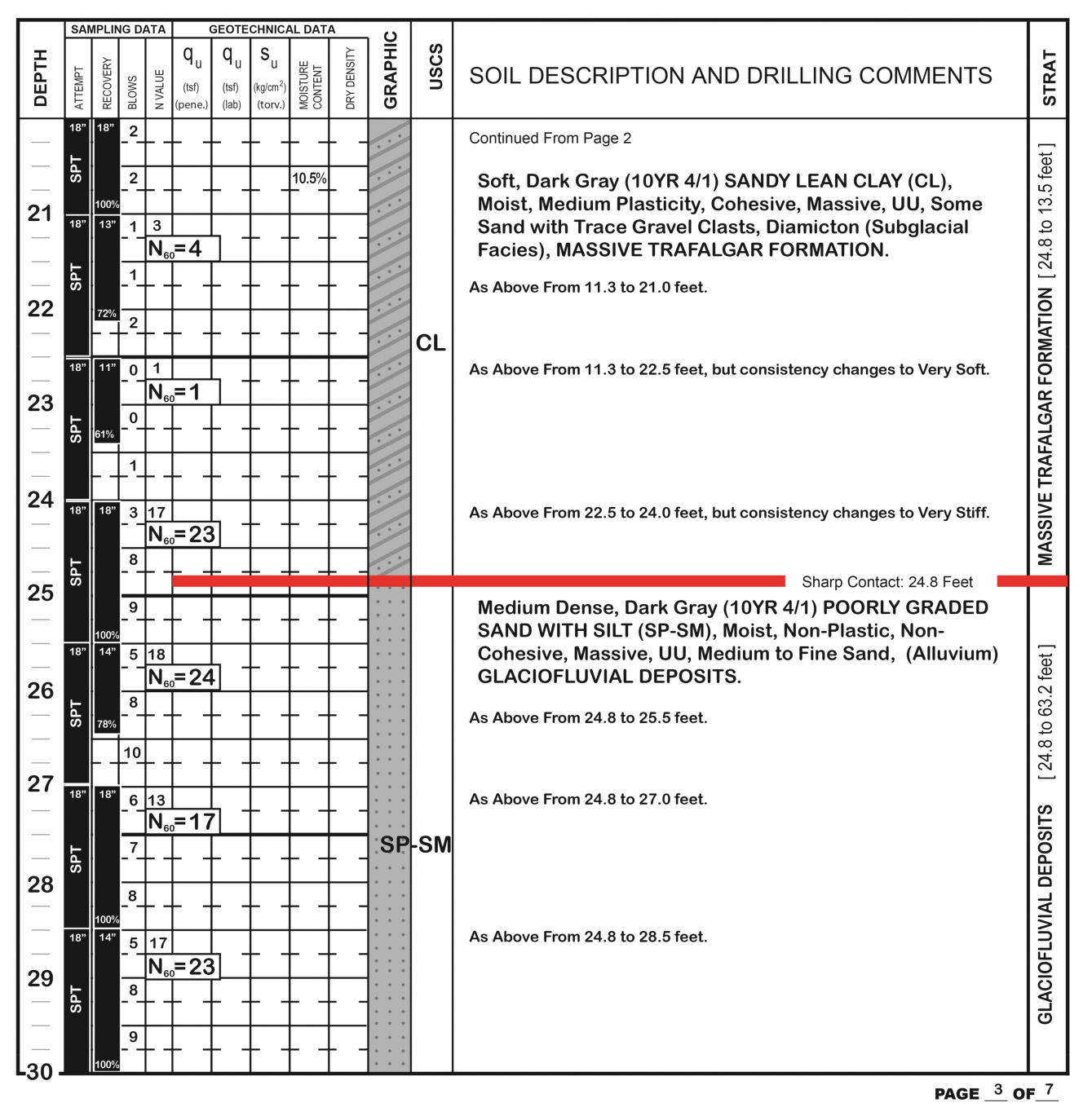
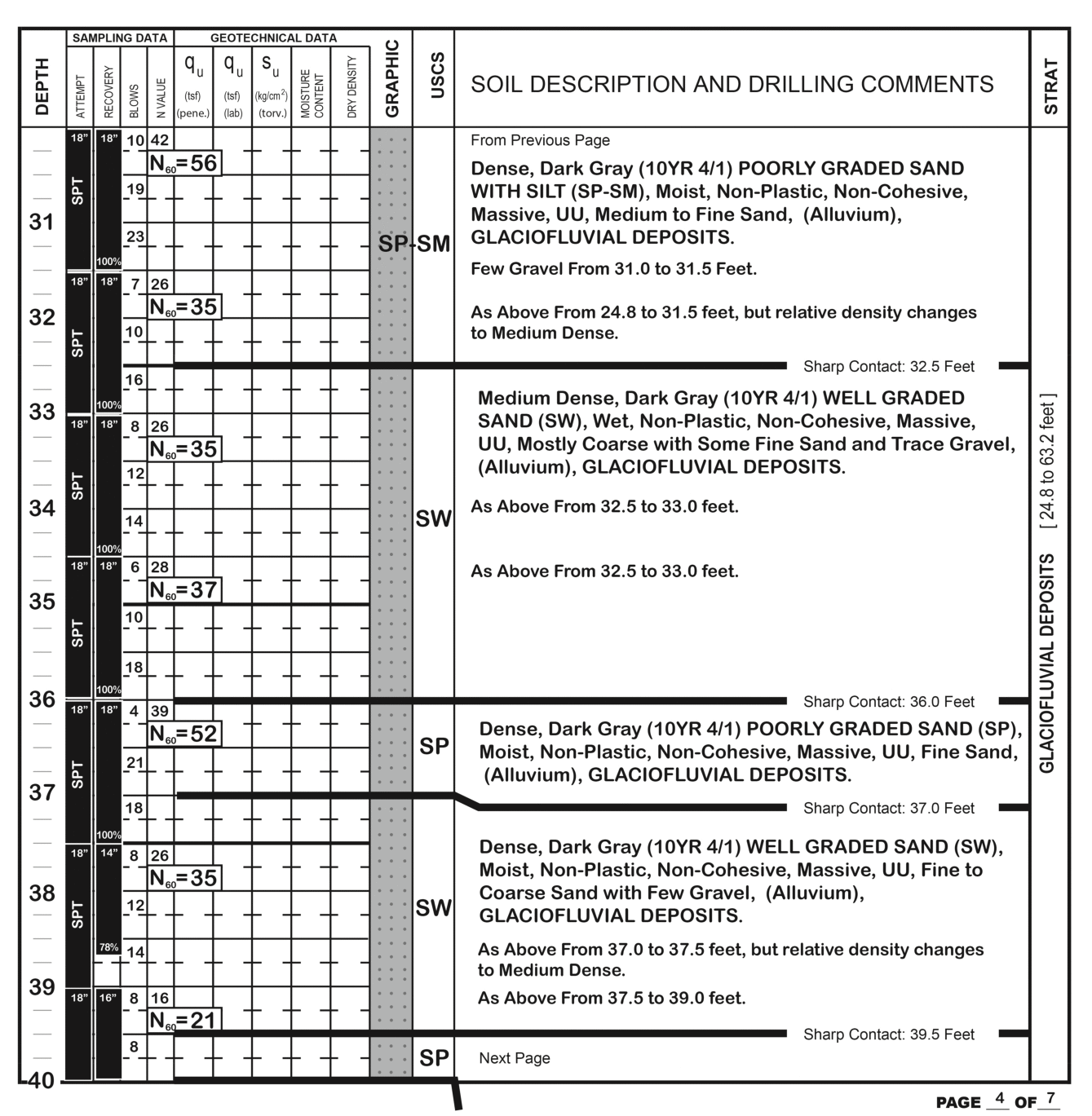
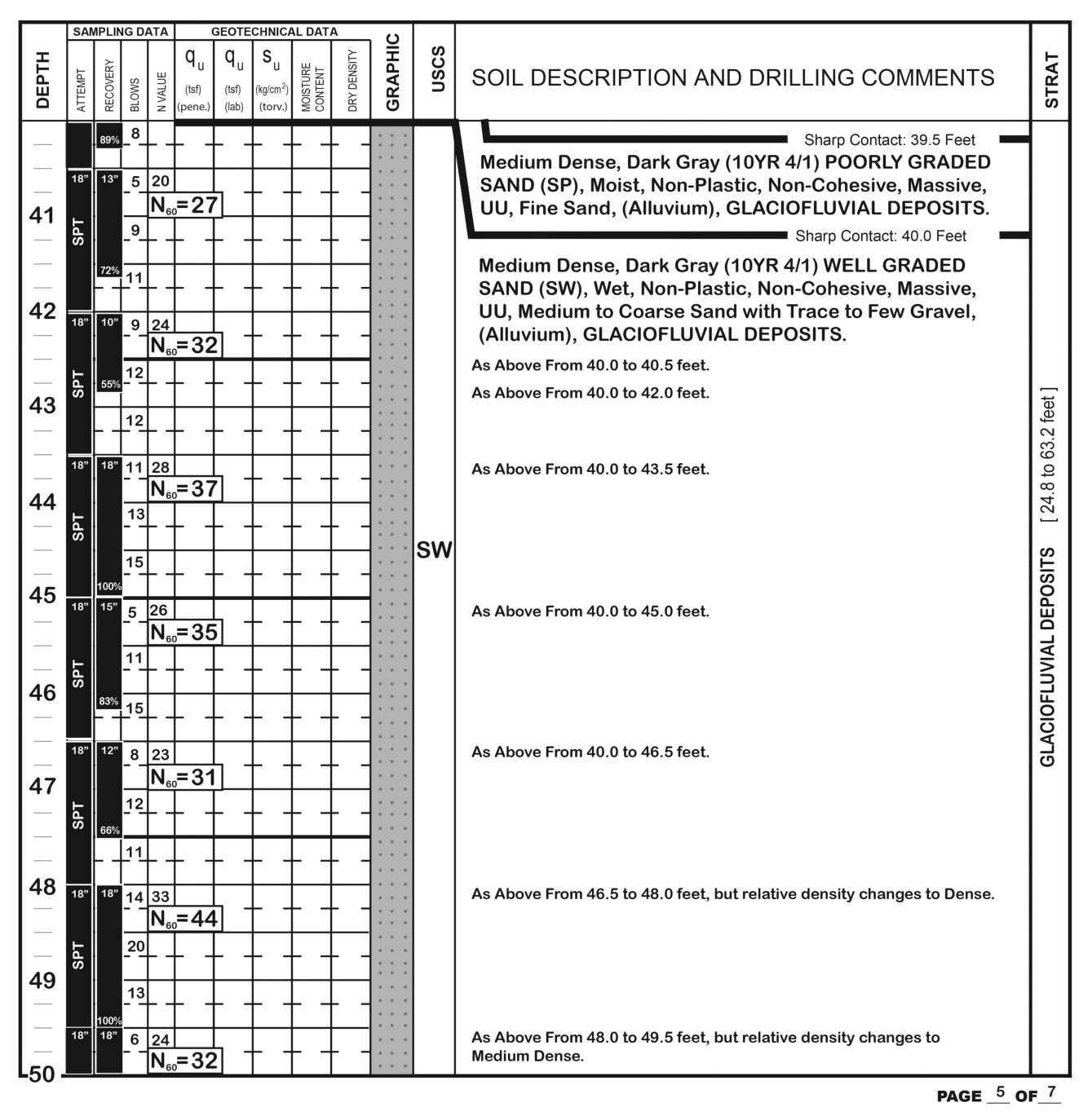
See what others are saying...
"The (9-hour Hydrogeology of Glacial Deposits) online course offers a whole new way of understanding and evaluating till deposits, based on their depositional environments. It's refreshing to see the recent progress in this field."
- Lance Kazzi, LEP, Principal Geologist, Arcadis U.S., Inc.
"I just completed the 'Aquifer and Aquitards Heterogeneities' webinar. It was a great help to revisit...(applied geologic principles) at the beginning of the project to help with getting the big picture of the subsurface geology. Then follow up with a drilling program to get the site specific details....making sure the field logs/notes are complete and accurate to allow for good conceptual site model development. Thanks so much for making this primer available. As I have always found with your material....
It was, in a word, exceptional. Well done."
- Karl Reimer, Geo-Environmental Engineer, Canadian Nuclear Laboratories
"(Part One, Aquifer and Aquitard Heterogeneity) was a great webinar and it has definitely given our group some topics for discussion. Looking forward to the upcoming webinars."
- Sara Nelson, Minnesota Pollution Control Agency.
Instructors Bio
David Hart, PhD, PG
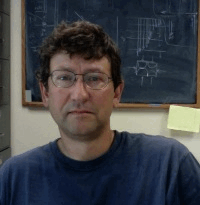 Dave Hart Ph.D. is a hydrogeologist/geophysicist with the Wisconsin Geological and Natural History Survey and an associate professor at the University of Wisconsin-Extension. His work includes regional groundwater flow and recharge in southeastern Wisconsin, near-surface geophysics, and measurement of porosities and permeabilities in aquifers and aquitards. Prior to joining the university, he served as a hydrogeologist with Eder Associates. He is an associate editor for Ground Water and past president of the AWRA - Wisconsin Section. Dave Hart Ph.D. is a hydrogeologist/geophysicist with the Wisconsin Geological and Natural History Survey and an associate professor at the University of Wisconsin-Extension. His work includes regional groundwater flow and recharge in southeastern Wisconsin, near-surface geophysics, and measurement of porosities and permeabilities in aquifers and aquitards. Prior to joining the university, he served as a hydrogeologist with Eder Associates. He is an associate editor for Ground Water and past president of the AWRA - Wisconsin Section.
Dan Kelleher, PG, CIPM
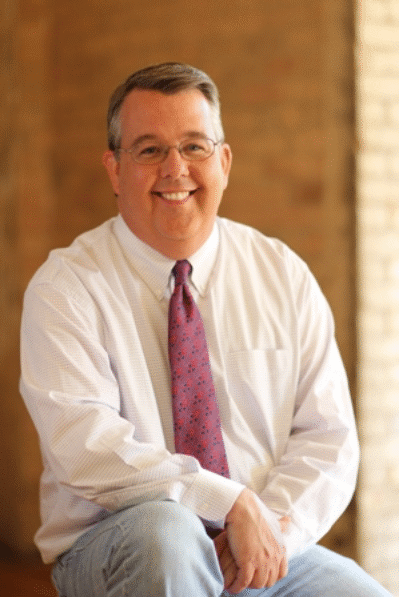 Dan Kelleher, PG, CIPM is a consulting hydrogeologist and project manager focuses on the technical areas of quantitative hydrogeology (in porous and fractured media), geotechnical analysis of sedimentary sequences, aquifer testing, fractured rock hydrogeology, and predictive ground water modeling. Dan's business acumen promotes personal trust, integrity, and relentless QA/QC. Dan Kelleher, PG, CIPM is a consulting hydrogeologist and project manager focuses on the technical areas of quantitative hydrogeology (in porous and fractured media), geotechnical analysis of sedimentary sequences, aquifer testing, fractured rock hydrogeology, and predictive ground water modeling. Dan's business acumen promotes personal trust, integrity, and relentless QA/QC.
Dan started his career at Waste Management Corporate Headquarters in Oak Brook, Illinois. His worked allowed him to test geologic concepts about sedimentary processes during large-scale excavation and fill design, environmental and geotechnical investigations, ground water monitoring system design.
Dan also leads specialized technical teams establishing best practices and teaching educational courses and webinars for geologists, engineers and environmental scientists. He and Tim Kemmis are the co-founders of Midwest GeoSciences Group which helps professionals to do better job of TAKING THE MYSTERY OUT OF THE SUBSURFACE. He and Tim believe in that tagline so strongly that they own it as a federally-registered trademark.
Midwest GeoSciences Group allows Dan to help people not only be better scientists and engineers, but become better people. It is a privilege to collaborate with people on a spectrum of topics ranging from field tool development to cutting-edge engineering advances to environmental regulation input. Dan is motivated by serving others in order to fulfill our human purpose and achieve responsible global stewardship.
| Fee: |
249.00 USD Per Webinar
|
| |
You're SAVING $50 USD just for being a Member
|
| Materials and Downloads: |
Session Slides (PDF)
Additional MaterialsRecord of Attendance Form (PDF)
|
Number of
Participants: |
AS OF JUNE 1, 2020, WEBINARS ARE PRICED FOR INDIVIDUALS WORKING ALONE. Pricing is discounted for individual registrations for people working alone.
|
Continuing
Education
Certificates: |
$14.95 each. Official CEU certificates are available as an option. After successful completion of this webinar, a link will be provided to order a certificate.
|
| Access: |
On-demand, anytime 24/7. |
| Discounts: |
Buy 3 on-demand webinars, and get 3 on-demand webinars for free!
|
| Duration: |
90 minutes, officially (runs 105 min with additional 25 min of Q&A) |
| PDH Earned: |
1.5 hours |
| MA LSP: |
1.5 hours (MA LSP No. 1707) |
| CT LEP: |
1.5 hours (part of CT LEP-491E) |
| |
|
| Instructor(s): |
Dave Hart, PhD and Dan Kelleher, PG, CIPM |
|
Become A Member
It's Free, It's Easy and as a
Member you'll enjoy...
- Exclusive Videos
- Special Pricing
- And Much More
|
|
Join
|
Learn More
|
Association of Environmental
& Engineering Geologists
|